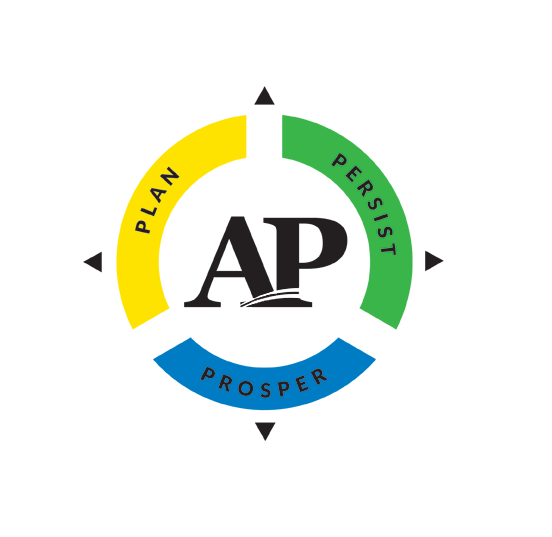What does it mean to be an authentic leader even when you’re not in a traditional leadership role?
Authentic people regardless of status “walk the walk, and talk the talk.” They know, understand, and appreciate their strengths, weaknesses, and values. They know how to communicate these three things verbally, in writing, and through their body language. They are consistent.
Authentic people have congruency between what they value and what they do that brings meaning to their lives. These are the people we want to be around. They help us see our own strengths while not calling unnecessary attention to all of our weaknesses. Their touch is light but direct and sincere.
Being an authentic leader applies to many areas beyond the traditional workplace. Think about your teenager who others want to follow because sh/e respects and listens to them, and seems to have an uncanny confidence without all the swagger.
Maybe you know a little girl whom some call bossy without realizing that she’s displaying raw leadership that needs to be honed. She can learn to identify what she values and how to better communicate that to others. You and I simply need to be role models.
Authentic leadership development theory encompasses four areas: self-awareness, relational transparency, balanced processing, and an internalized moral perspective (Dik, Byrne, & Steger, 2017, p. 220). Of these, self-awareness and an internalized moral perspective are the most critical.
These two are the areas we can learn and teach others to practice. When we know our values and allow them to guide our decision-making and relationships we feel at peace with ourselves. When we feel at peace, we feel a greater sense of meaning/purpose. We’re also better able to engage in relational transparency and to look at things objectively because we have no agenda other than to be of service to others.
References
Byrne, Z.S., Dik, B.J.& Steger, M. F. (2017). Purpose and meaning in the workplace. Washington DC: American Psychological Association.
